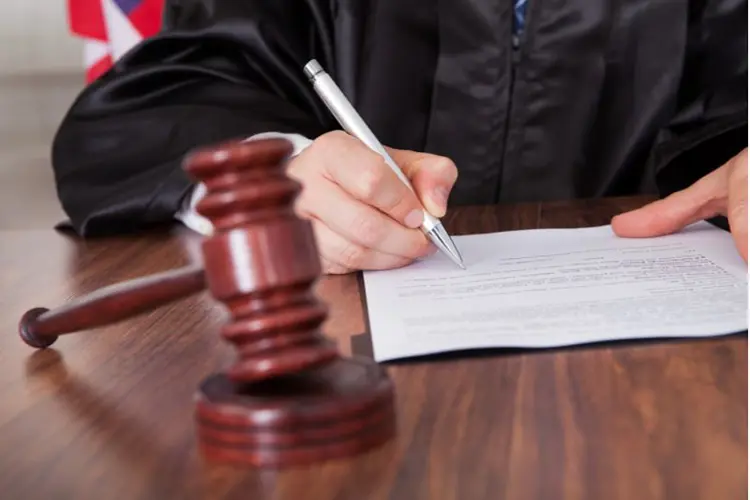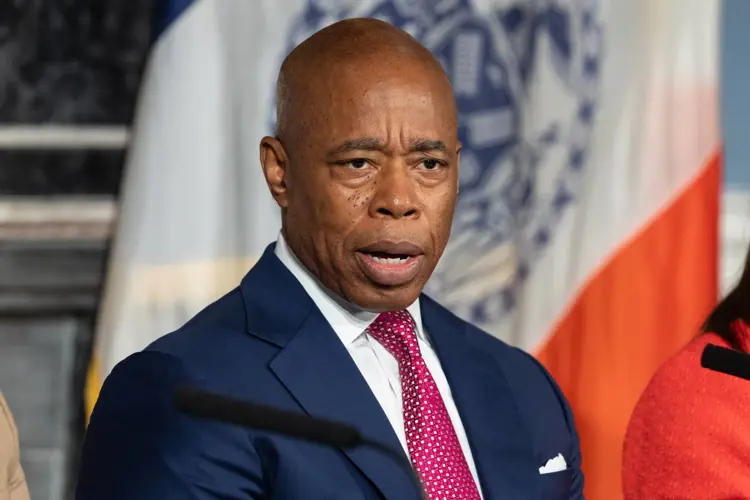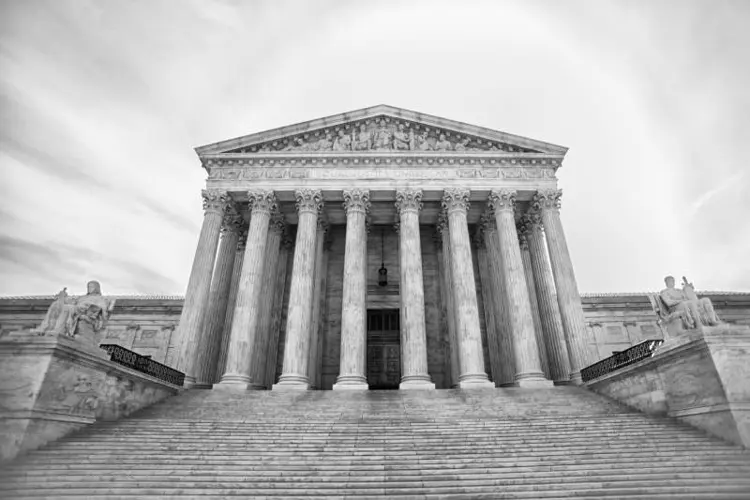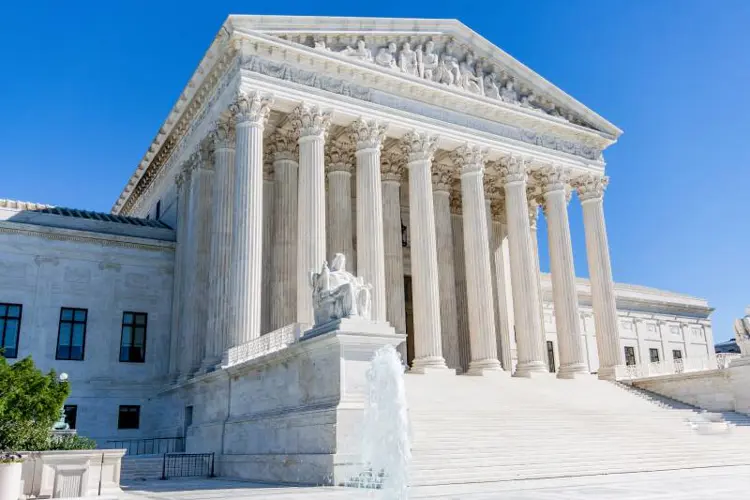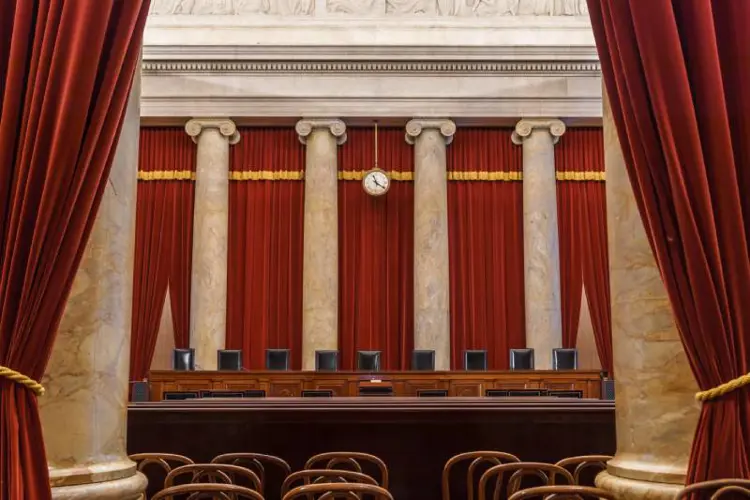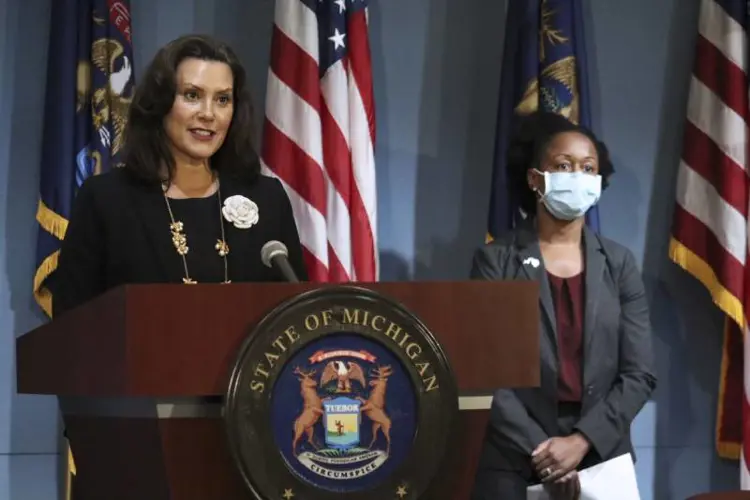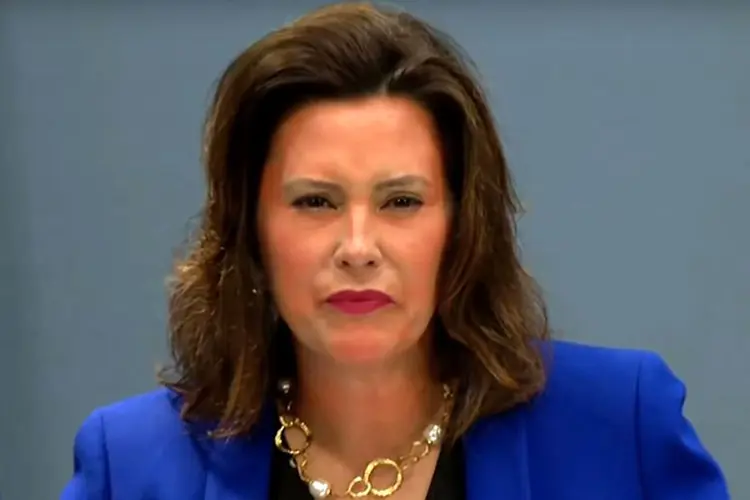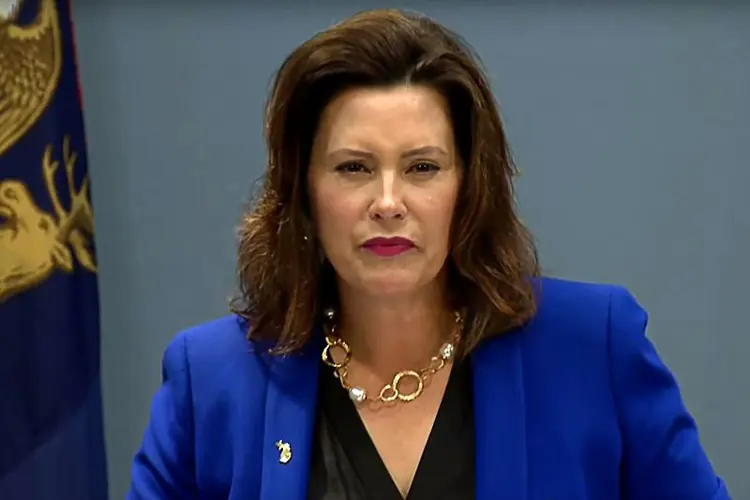Nov. 30, 2022
R.J. Reynolds and the other plaintiffs challenging the state of California’s flavored vape and tobacco ban have asked the Supreme Court to grant an injunction preventing the ban from being enforced while the lawsuit is decided. The ban was passed by California voters on Nov. 8, and is set to take effect sometime in December.
The Supreme Court application was filed Tuesday. Previously, the District Court for the Southern District of California had denied motions for both a temporary injunction and an injunction pending appeal, and the Ninth Circuit Court of Appeals then denied an appeal of the district court decision. (You can find the lower court decisions and the Supreme Court application for injunction on the Supreme Court docket.)
No matter how the Supreme Court decides on the requested injunction, the original lawsuit will proceed in the district court.
The plaintiffs in the lawsuit are R.J. Reynolds Tobacco Company, R.J. Reynolds Vapor Company, American Snuff Company, LLC, Santa Fe Natural Tobacco Company, Inc.; Modoral Brands Inc., Neighborhood Market Association, Inc., and Morija, LLC (Vapin’ the 619). (Except for the last two, all plaintiffs are subsidiaries of Reynolds American Inc., which is itself owned by British American Tobacco.)
The challenge rests on whether the state’s flavored product sales ban amounts to a de facto product standard, which Reynolds says violates federal authority granted to the FDA by the Tobacco Control Act. Reynolds cites precedent in unrelated cases where the Supreme Court agreed states could not hide their intention to create product standards by calling them a sales ban. Local and state laws are preempted by federal law.
The same plaintiffs unsuccessfully sued Los Angeles County in 2020 on the same grounds and lost on appeal in the Ninth Circuit. That case is also before the Supreme Court, which could decide whether to accept it for argument as early as Dec. 2.
According to Gregory Conley of the American Vapor Manufacturers Association (AVM), the argument one Ninth Circuit judge made in his dissent in the Los Angeles County case could attract the attention of conservative Supreme Court justices.
"Judge Ryan D. Nelson wrote a concise and incisive dissent in the Los Angeles case that may prove appealing to five or more justices,” Conley told Vaping360. “Strictly as a matter of law, it is hard to understand how a law that defines what a product can and cannot contain is not a 'product standard.' The mere fact that Congress permitted states to regulate how tobacco products are sold and distributed does not mean that power is unlimited." AVM has submitted an amicus brief to the court in support of the lawsuit against the state.
The high court’s position on those issues could decide the Los Angeles County case—and could influence whether they grant an injunction now in the statewide case.
The Freemax REXA PRO and REXA SMART are highly advanced pod vapes, offering seemingly endless features, beautiful touchscreens, and new DUOMAX pods.
The OXVA XLIM Pro 2 DNA is powered by a custom-made Evolv DNA chipset, offering a Replay function and dry hit protection. Read our review to find out more.
The SKE Bar is a 2 mL replaceable pod vape with a 500 mAh battery, a 1.2-ohm mesh coil, and 35 flavors to choose from in 2% nicotine.
Because of declining cigarette sales, state governments in the U.S. and countries around the world are looking to vapor products as a new source of tax revenue.
The legal age to buy e-cigarettes and other vaping products varies around the world. The United States recently changed the legal minimum sales age to 21.
A list of vaping product flavor bans and online sales bans in the United States, and sales and possession bans in other countries.








